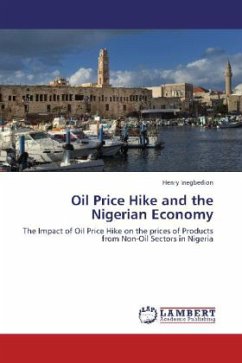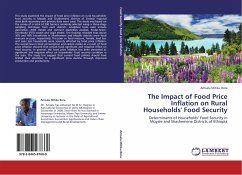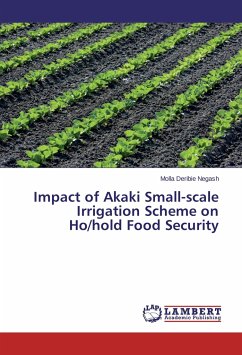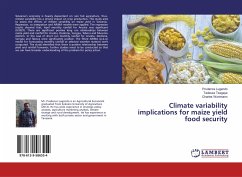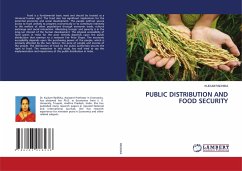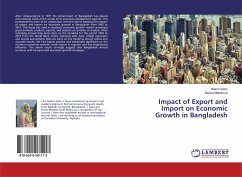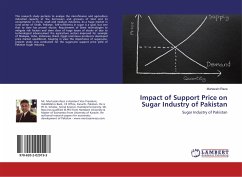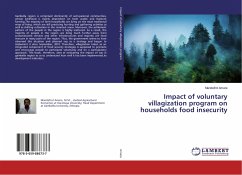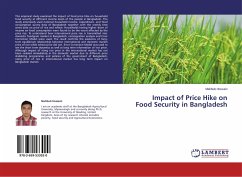
Impact of Price Hike on Food Security in Bangladesh
Versandkostenfrei!
Versandfertig in 6-10 Tagen
19,99 €
inkl. MwSt.

PAYBACK Punkte
10 °P sammeln!
This empirical study examined the impact of food price hike on household food security at different income levels of the people in Bangladesh. The study extensively used national household income, expenditure, and food consumption survey data of Bangladesh together with the weekly time series data on price of rice and wheat. Households having higher share of income on food consumption were found to be the worst affected by the price rise. To understand how international price rise is transmitted into domestic foodgrain market in Bangladesh, cointegration analysis and Error Correction Model wer...
This empirical study examined the impact of food price hike on household food security at different income levels of the people in Bangladesh. The study extensively used national household income, expenditure, and food consumption survey data of Bangladesh together with the weekly time series data on price of rice and wheat. Households having higher share of income on food consumption were found to be the worst affected by the price rise. To understand how international price rise is transmitted into domestic foodgrain market in Bangladesh, cointegration analysis and Error Correction Model were used. The result confirms the existence of long-term equilibrium relationship between international and domestic market price of rice while wheat price did not. Error Correction Model was used to see the short term dynamics as well as long term information of rice price. Although impact of rising rice price in the international market has not been realised immediately in the domestic market due to different price stabilizing programmes and policies of the government of Bangladesh, rising price of rice in international market has long term impact on Bangladesh market.



